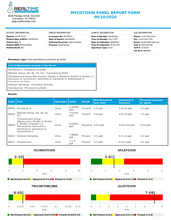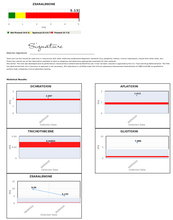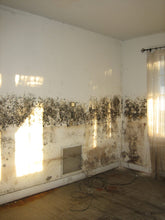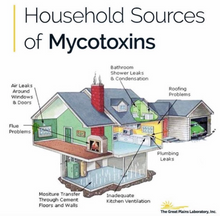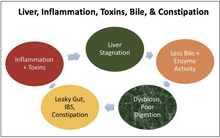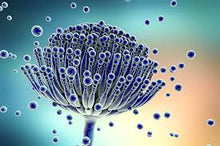
Identify & Eliminate Toxins for Optimal Health
Mycotoxin Exposure Test & Full Report
Toxins from mould (mycotoxins) are among the most common environmental health threats. This test is designed to help you identify toxin exposure and guide detoxification strategies for optimal well-being.
What’s Included?
-
Comprehensive Mycotoxin Urine Test – Screens for 16 different mycotoxins
-
Detailed Report – Expert analysis of your results
-
International Lab Processing – Sample shipped to Real Time Lab Inc. (USA) for analysis
-
Full Support – Guidance on next steps for detoxification
Why Test for Mycotoxins?
The Mycotoxin Panel E8400 uses a urine sample to screen for 16 different mycotoxins, which helps to identify toxin exposure in clients and form useful interventions.
Mycotoxins are metabolites produced from mould, and are one of the most prevalent toxins in the environment. Mould can be found in buildings, vehicles and food, and unfortunately are resistant to heat as well as many other processing procedures.
Mycotoxins can contribute to many chronic diseases and symptoms, such as food allergies, liver disease, infertility and seizures. Common symptoms such as nausea, diarrhoea, irritability and fatigue can also be caused by mycotoxin exposure.
This test requires one urine sample collected first thing in the morning.
Symptoms linked to mycotoxin exposure include:
✅ Chronic fatigue
✅ Digestive issues (IBS, bloating, diarrhoea)
✅ Brain fog & difficulty concentrating
✅ Skin conditions (dermatitis, psoriasis)
✅ Respiratory problems (asthma, sinusitis)
✅ Hormonal imbalances & infertility
✅ Anxiety, depression & neurological disorders
This test helps uncover hidden exposure so you can take targeted action to detox and heal.
About the Test
The Mycotoxin Panel E8400 requires a simple first-morning urine sample and screens for the following mycotoxins:
Test Markers Mycotoxins:
-
Ochratoxin A (OTA)
-
Aflatoxin Group (B1, B2, G1, G2)
-
Roridin (A, E, H, L-2)
-
Verrucarin (A, J)
-
Satratoxin (G, H)
-
Isosatratoxin F
-
Gliotoxin Derivative
-
Zearalenone
Turnaround Time: Approx. 10 working days from sample receipt at the lab (USA).
See a sample report
Why Choose This Test?
✅ High-Quality Lab Analysis – Processed by Regenerus Laboratories (UK) & Real Time Lab Inc. (USA)
✅ Comprehensive Screening – Identifies a wide range of mycotoxins
✅ Convenient Home Collection – Urine sample collected at home & shipped via DHL
✅ Expert Guidance – Results include recommendations for detoxification
-
Analytes: Detects 16 different mycotoxins, including 9 macrocyclic trichothecenes, which are particularly toxic and often associated with Stachybotrys ("black mould") exposure.
-
Methodology: Utilises competitive ELISA (enzyme-linked immunosorbent assay), a sensitive technique that uses antibodies to detect specific mycotoxins.
-
Laboratory: Processed by Regenerus Labs who uses RealTime Laboratories, known for their comprehensive mycotoxin testing.
-
Sample Collection: Requires a first-morning urine sample.
-
Ideal For: Individuals seeking a broad assessment of mycotoxin exposure, especially those concerned about highly toxic moulds like Stachybotrys.
How It Works
-
Order Your Home Test Kit – Delivered straight to your door.
-
Collect Your Sample – First-morning urine sample for accuracy.
-
Send It to the Lab – Prepaid DHL collection for international processing.
-
Receive Your Results & Report – Get expert insights into your toxin exposure.
-
Take Action – We can support you with tailored recommendations for detox & recovery.
Detox & Recovery – What’s Next?
If your results show mycotoxin exposure, the next step is detoxification. Common detox methods include:
-
Binders (activated charcoal, bentonite clay) to remove toxins
-
Probiotics & Gut Support to restore balance
-
Liver & Kidney Support for enhanced detox pathways
-
Infrared Sauna & Sweating to eliminate toxins
-
Air Purification & Mould Remediation to prevent re-exposure
Take Control of Your Health Today!
Uncover hidden toxin exposure, gain clarity on your symptoms, and take proactive steps toward healing.
Disclaimer: This test is only available through a Healthpath Pro practitioner.






